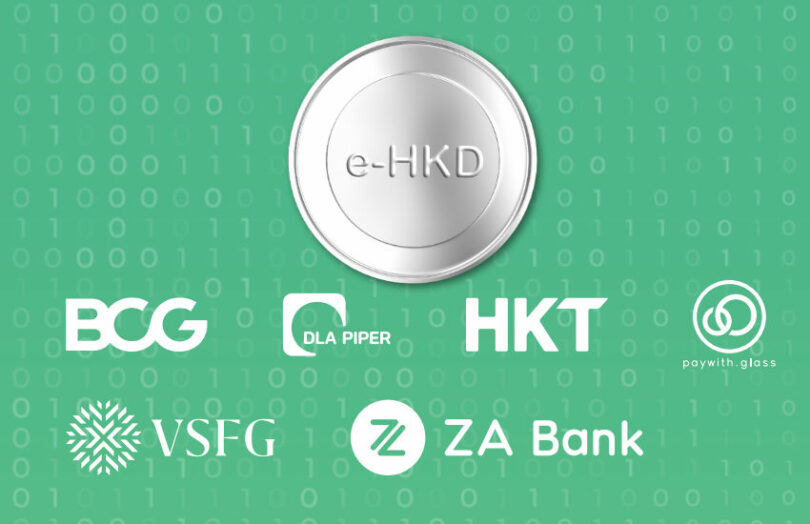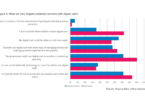As part of Hong Kong’s central bank digital currency (CBDC) trials, one of the pilot use cases involved using tokenized real world assets (RWA) such as real estate. This was used as collateral for a restricted loan in e-HKD. BCG, HKT (Hong Kong Telecom) Payments and ZA Bank led the pilot. As part of the findings, BCG concluded that digital currencies, including CBDC, tokenized deposits and stablecoins could add HK$160 billion (US$20.5bn) or 0.5% to GDP by 2032.
Digital currency, tokenization and GDP benefits
BCG was also the source of the global asset tokenization forecast of $16 trillion by 2030. It added some critical caveats to the latest HK$160 billion GDP enhancement figure. To achieve that additive growth, tokenization and digital currencies need to be adopted at scale in the near term. That means the infrastructure needs to be available, adopted and have regulatory support. As we’ll show, to practically implement the demonstrated e-HKD use case would need regulatory changes relating to real estate. At the same time, neither e-HKD nor tokenized deposits are close to launch.
The GDP growth will potentially come from four key benefits. The first is unlocking liquidity in assets. BCG estimates the assets potentially available for tokenization in Hong Kong at HK$36 trillion, of which almost $29 trillion is real estate, with residential making up $20 trillion. Currently, the outstanding loans secured against residential real estate amount to 9% of the value. That compares to 33% in the United States and 23% in the UK. Hence, if the lending increased to 10%, that’s HK$200 billion in additional loans.
Improving money distribution is another area that could impact GDP, including programming money for specific purposes. Web3 and supporting the new economy is a third area that could help grow the economy, as is enhancing cross border connectivity by reducing the cost of payments.
Ledger Insights Research has published a report on bank-issued stablecoins and tokenized deposits featuring more than 70 projects. Find out more here.
The e-HKD CBDC trial
There were several e-HKD trials. This particular use case involved tokenizing real world assets (RWA) such as real estate. Wealth manager VSFG acted as collateral manager. Hence, it provided custody for the underlying assets and tokenized them. ZA Bank provided the credit assessment and granted the loan. And the hypothetical e-HKD was transferred to the user’s wallet with conditions programmed into how the money could be used. HKT provided the wallet itself. BCG advised and facilitated the pilot, and DLA Piper provided legal input and paywith.glass provided technical advisory and support.
The credit assessment was conducted off-chain, but the tokenization and hypothetical e-HKD were executed on the Polygon public blockchain.
Several benefits were observed. For real estate loans, usually the lender is the collateral manager. However, with tokenization it’s possible to separate that role as the pilot has done. Secondly, with some exceptions, it’s usually hard to take out a small loan secured against real estate. Tokenization could change that. Plus, banks are often unaware of whether the funds are used for the stated loan purpose. It is possible to give better rates if the lender can ensure the funds are used for the intended purpose through programmability.
Despite these benefits, legal issues could hinder adoption. For example, for real estate tokenization, the token needs to be a bearer instrument. However, with fractionalized real estate there are co-ownership issues under Hong Kong law, meaning token holders would need to enter into a digital mutual covenant. Additionally, to be legally effective, every token transfer would have to be registered with the land registry.
No decision has yet been made regarding an e-HKD. Many of the use cases also apply to tokenized deposits, and the Hong Kong Monetary Authority (HKMA) recently launched trials.






